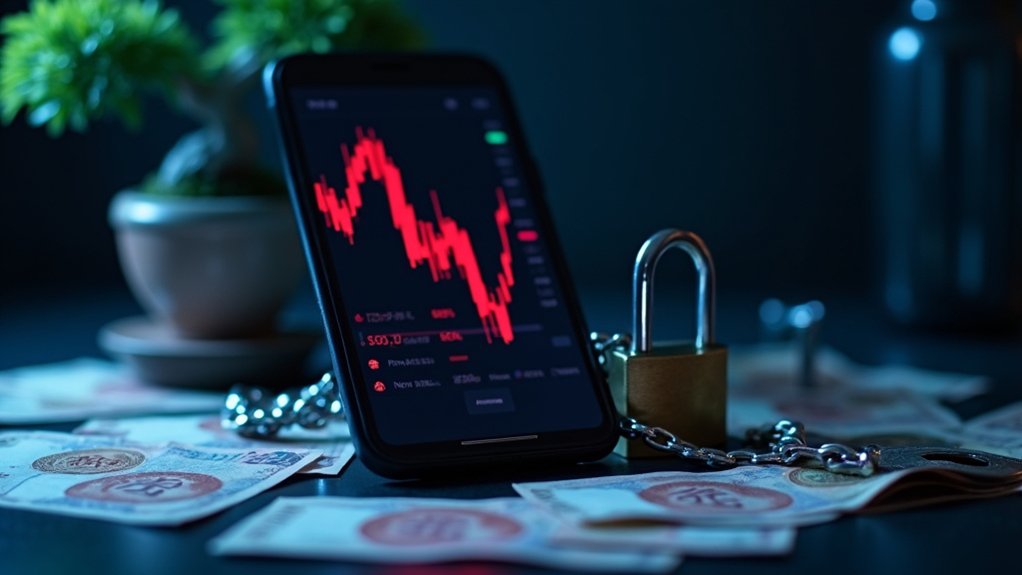Shocking revelations from a Meta insider have exposed the tech giant’s cozy relationship with the Chinese Communist Party. Despite Mark Zuckerberg’s previous denials under oath, it turns out Meta has been busy building custom censorship tools for China. Not exactly what you’d expect from an American company supposedly championing free expression.
The company developed a “virality counter” that automatically flags posts with over 10,000 views for review. This neat little tool wasn’t just for mainland China – they extended their censorship reach to Hong Kong and Taiwan too. How thoughtful. A “chief editor” got the final say on what content survived the purge.
Zuckerberg wasn’t just passively involved. He was “personally invested” in cozying up to China, even learning Mandarin to strengthen ties. Talk about dedication! Meta started offering products in China as early as 2014, and the market quickly became a cash cow for the company.
But wait, there’s more. The insider claims Meta created a physical data pipeline between the U.S. and China that potentially allowed Chinese officials to access American user data. Internal documents revealed Meta was willing to compromise user safety to gain access to the lucrative Chinese market. When engineers raised concerns, Meta executives reportedly shrugged them off. Congressional intervention supposedly prevented the CCP from exploiting this vulnerability. Close call!
The collaboration extended beyond censorship. Meta reportedly briefed Chinese officials on developments in AI and facial recognition technologies. Their Llama AI model contributed to Chinese AI advancements, including DeepSeek – now a ChatGPT competitor that operates at lower costs. The whistleblower Sarah Wynn-Williams testified about these concerning practices before the Senate Judiciary Subcommittee on Crime and Counterterrorism.
The national security implications are hard to ignore. If you’ve ever interacted with a Chinese user on Meta’s platforms, your data might have been swept up and shared with Chinese authorities. Not exactly what users signed up for.
All this while Meta publicly claimed they weren’t operating in China. Funny how companies can say one thing and do another. The whole situation raises serious questions about tech giants prioritizing profit over principles – and potentially compromising American security in the process.




